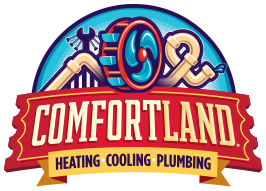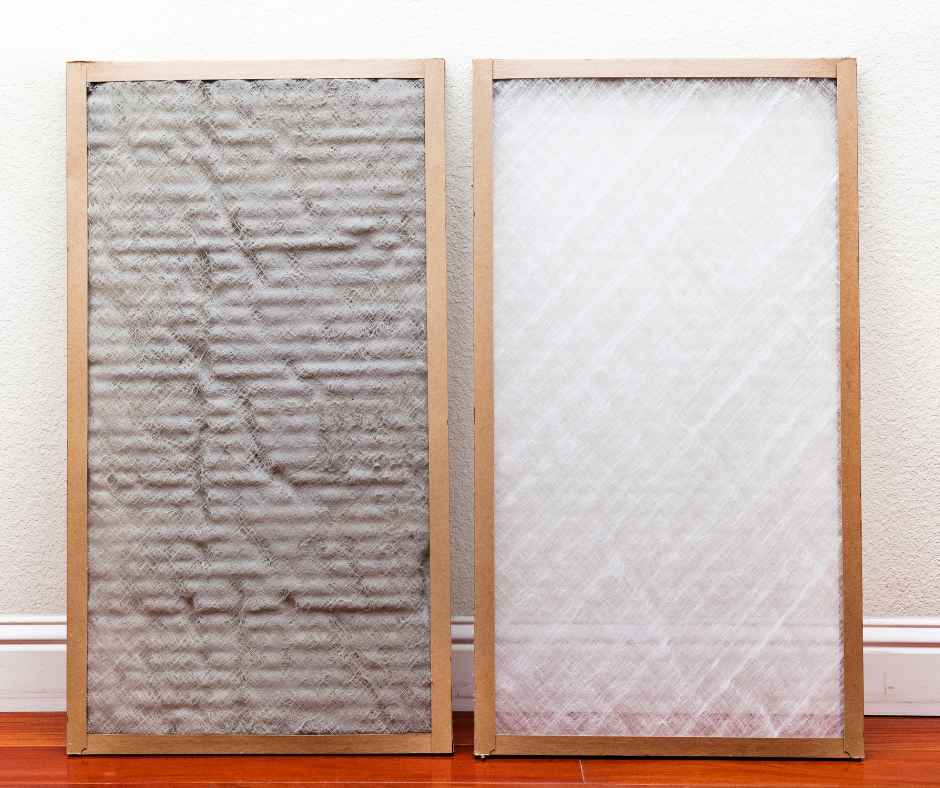
If you’ve ever shopped for air filters for your HVAC system, you’ve probably come across the term MERV rating. But what exactly is a MERV rating, and how does it affect your air quality and system performance? Choosing the right MERV rating is crucial for maintaining a balance between clean air and efficient HVAC operation. In this blog, we’ll dive into what MERV ratings are, how to use a MERV rating chart, and how to select the right filter for your needs. Plus, we’ll touch on how this decision can impact the need for HVAC repair.
What is a MERV Rating?
MERV stands for Minimum Efficiency Reporting Value, and it’s a system used to rate the effectiveness of air filters. MERV ratings range from 1 to 20, with higher numbers indicating better filtration. These ratings are determined by how effectively a filter can capture particles of different sizes, including dust, pollen, mold spores, and other airborne contaminants.
A higher MERV rating means the filter can trap smaller particles, making it more efficient at improving indoor air quality. However, higher-rated filters also tend to restrict airflow more, which can put additional strain on your HVAC system.
What MERV Rating Should I Use?
The best MERV rating for your home or business depends on several factors, including your indoor air quality needs, the type of HVAC system you have, and whether anyone in your household suffers from allergies or respiratory issues.
For residential use, a MERV rating between 8 and 13 is generally considered ideal. This range balances good filtration with efficient airflow, making it suitable for most homes.
For commercial use or environments where air quality is a major concern, such as hospitals, a higher MERV rating between 13 and 16 is more appropriate. These filters capture smaller particles, such as bacteria and tobacco smoke, but they can significantly restrict airflow.
For industrial and cleanroom environments, MERV ratings above 16 are often used to capture the tiniest of particles, including viruses. However, these filters are usually not compatible with standard residential HVAC systems and are typically reserved for specialized applications.
Understanding MERV Ratings with a MERV Rating Chart
A MERV rating chart helps to illustrate how effective different filters are at capturing particles of various sizes. Here’s a simplified breakdown of what you can expect from each range of MERV filter ratings:
- MERV 1-4: Minimal filtration, captures larger particles like pollen and dust mites. Suitable for window air conditioners but not recommended for central HVAC systems.
- MERV 5-8: Provides basic filtration, capturing particles such as mold spores, dust, and pet dander. Suitable for most residential HVAC systems.
- MERV 9-12: Offers enhanced filtration, capturing particles like exhaust fumes, lead dust, and humidifier dust. This range is ideal for homes with pets, smokers, or residents with mild allergies.
- MERV 13-16: Captures smaller particles, including bacteria, tobacco smoke, and sneeze droplets. This is often used in commercial environments, but some residential systems can handle filters in this range if improved air quality is a priority.
- MERV 17-20: Used in specialized settings such as hospitals or cleanrooms, these filters capture extremely small particles, including viruses. Not typically recommended for home HVAC systems.
When deciding what MERV rating to use, consider how it impacts both air quality and the performance of your HVAC system.
Pros and Cons of Higher MERV Ratings
While it might be tempting to choose the highest MERV rating available for maximum filtration, it’s important to consider the potential downsides:
Pros:
- Improved air quality: Higher MERV-rated filters can trap smaller particles, leading to cleaner indoor air.
- Better for allergies: If someone in your household suffers from allergies, a higher MERV filter can help reduce irritants in the air.
Cons:
- Restricted airflow: Higher MERV filters are denser, which can reduce airflow. This can strain your HVAC system, potentially leading to reduced efficiency or even the need for HVAC repair.
- Increased energy use: Restricted airflow means your HVAC system has to work harder to circulate air, which can lead to higher energy bills.
- Compatibility issues: Not all HVAC systems are designed to handle high-MERV filters. Always check your system’s specifications before upgrading your filter.
How to Choose the Right MERV Rating for Your Air Filter
When determining which MERV rating is best for your needs, consider the following:
- Air Quality Needs: If you live in a household with allergy sufferers, smokers, or pets, a MERV rating between 9 and 13 will offer improved filtration without excessively restricting airflow.
- HVAC System Capability: Check the manufacturer’s recommendations for your HVAC system. Not all systems can handle high-MERV filters, and using one that’s too dense could lead to inefficient operation or breakdowns.
- Energy Efficiency: Higher MERV filters can restrict airflow, which may cause your system to use more energy. If energy efficiency is a priority, choose a filter with a MERV rating that balances good filtration with smooth airflow.
- Maintenance Frequency: High-MERV filters can clog more quickly, meaning they need to be changed more often. Be prepared for more frequent filter replacements if you opt for a high-MERV filter.
Importance of Professional HVAC Maintenance
Choosing the right air filter for your system is only part of maintaining good air quality and HVAC performance. Regular maintenance is essential to keep your system running efficiently, especially if you’re using a higher-rated filter. Clogged or dirty filters can lead to system malfunctions, reduced efficiency, and, in some cases, the need for HVAC repair.
At Comfort Land, our team of HVAC professionals can help you choose the right air filter for your system and ensure that your HVAC is operating at peak performance. If you’re unsure which MERV rating is best for your home, or if you need assistance with filter replacement or maintenance, we’re here to help.
Contact Comfort Land for HVAC Repair and Filter Replacement
Understanding MERV ratings and choosing the right filter for your HVAC system can significantly impact your indoor air quality and energy efficiency. Whether you’re trying to figure out what MERV rating to use or need help with HVAC repair, Comfort Land has you covered. Our team can assist with air filter replacements and ensure your system is running smoothly. Contact us today to schedule a consultation and optimize your home’s air quality!
Recent News
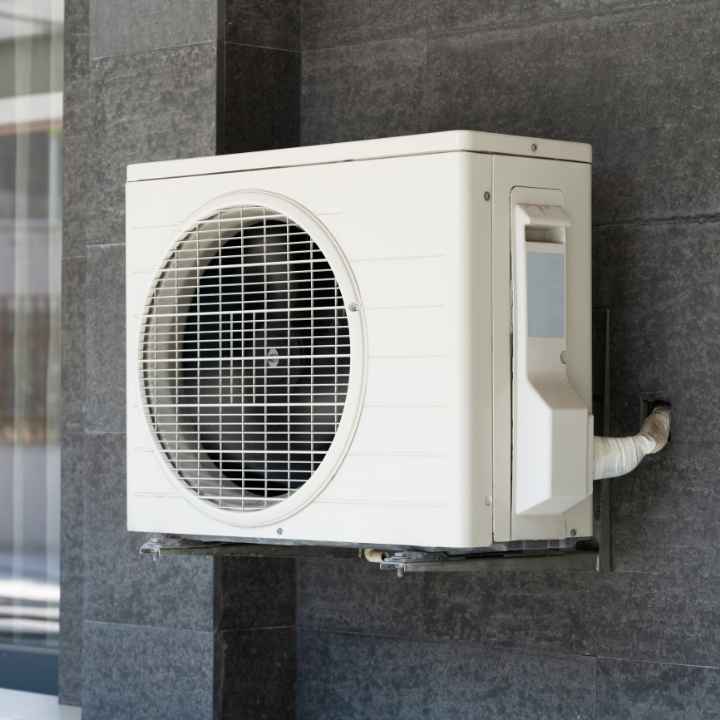
Why Is My Heat Pump Freezing Up?
Read More
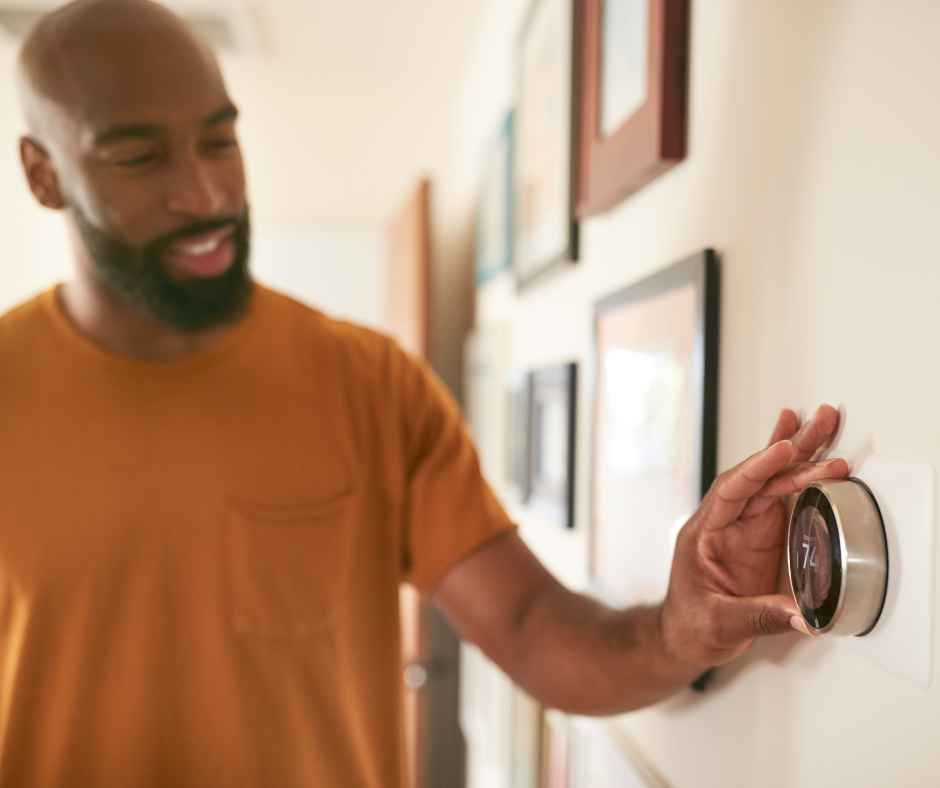
How to Improve Heating Efficiency in Dallas
Read More
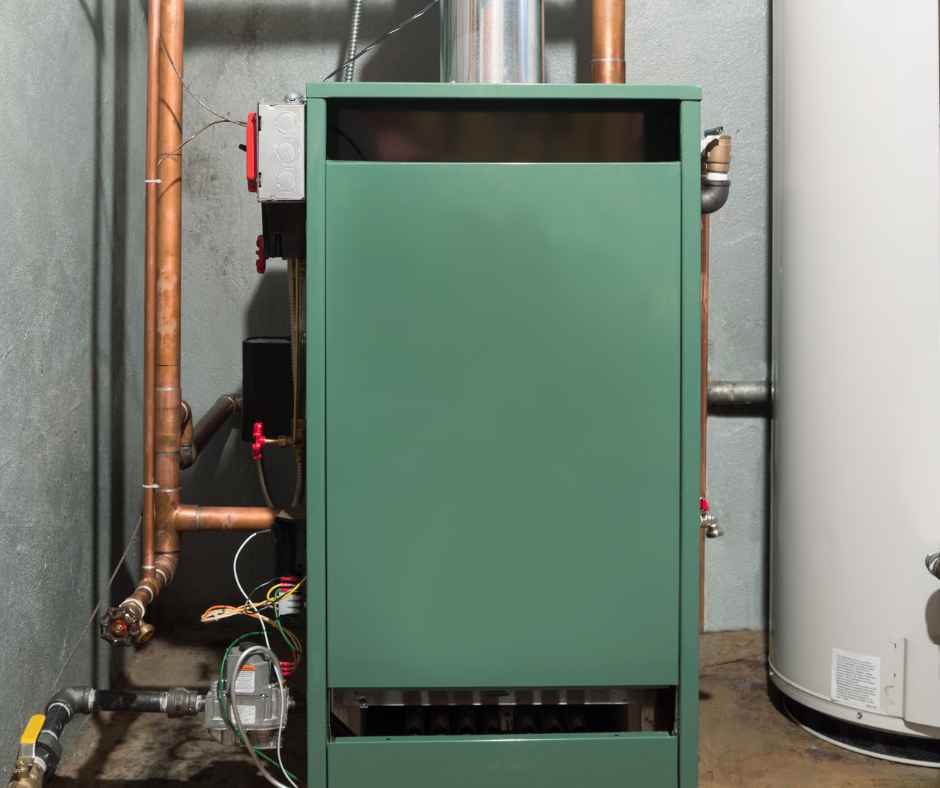
Is a Heat Pump or Furnace Better for Dallas? A Homeowner’s Guide
Read More
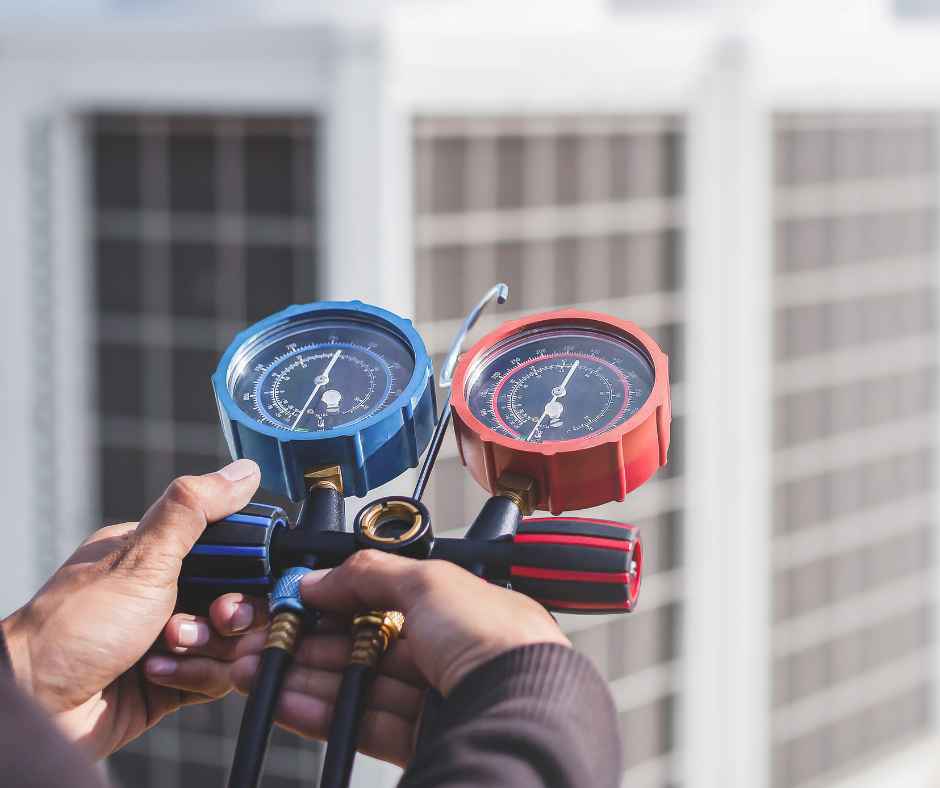
How Many BTU Do I Need?
Read More
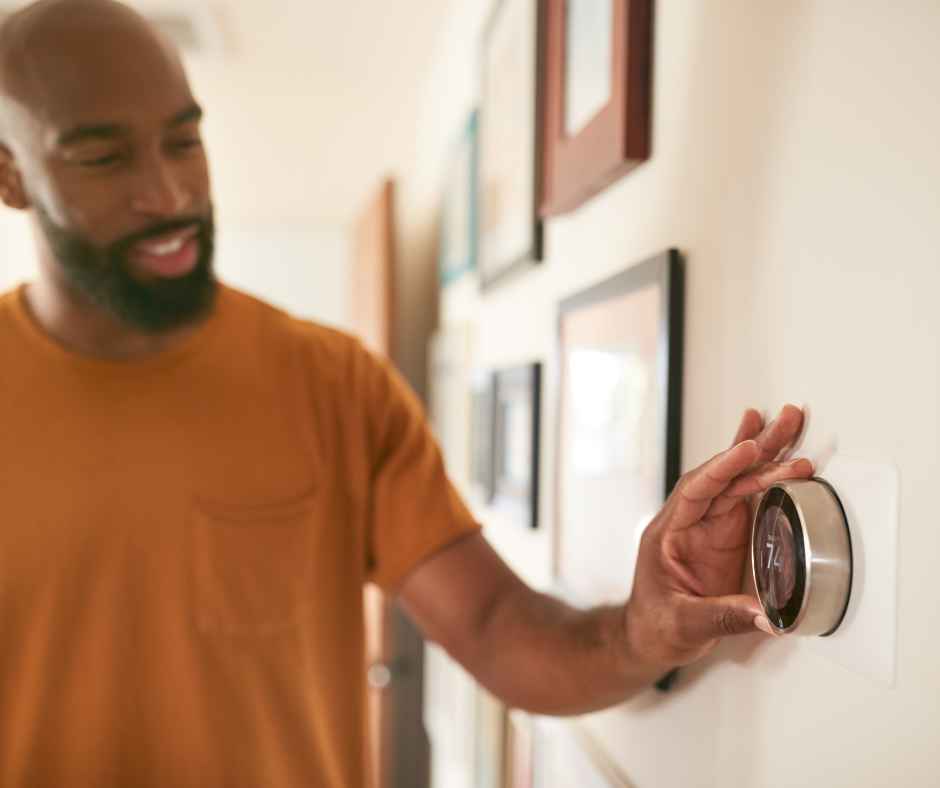
Preparing Your Dallas Home for Winter: Essential HVAC Maintenance Tips
Read More
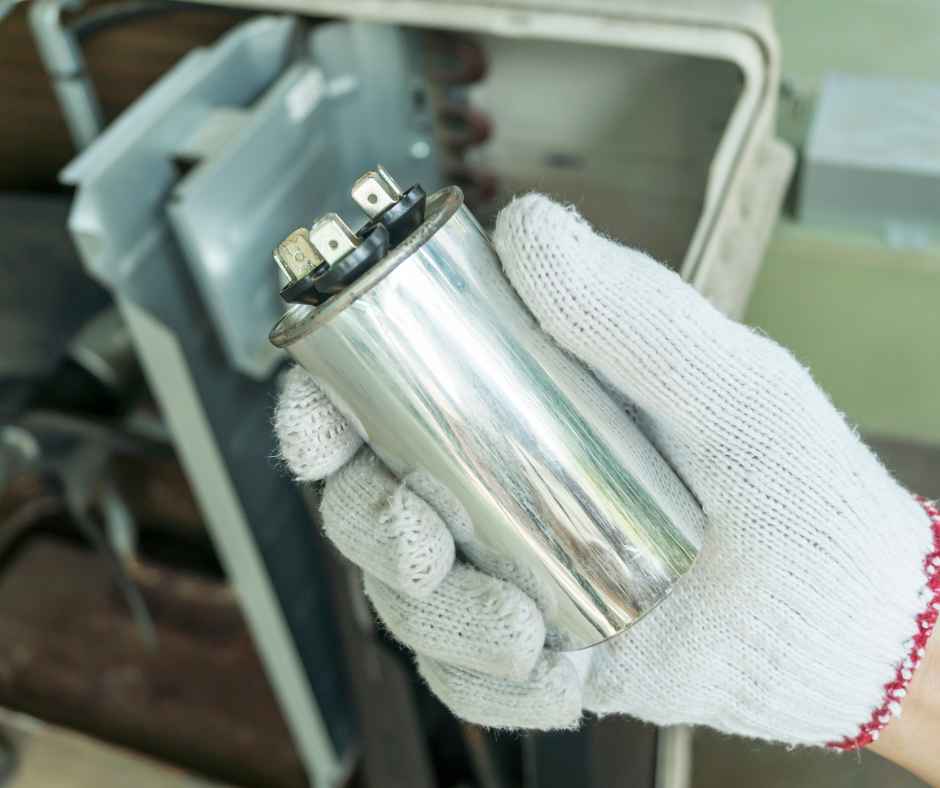
What Does a Capacitor Do?
Read More
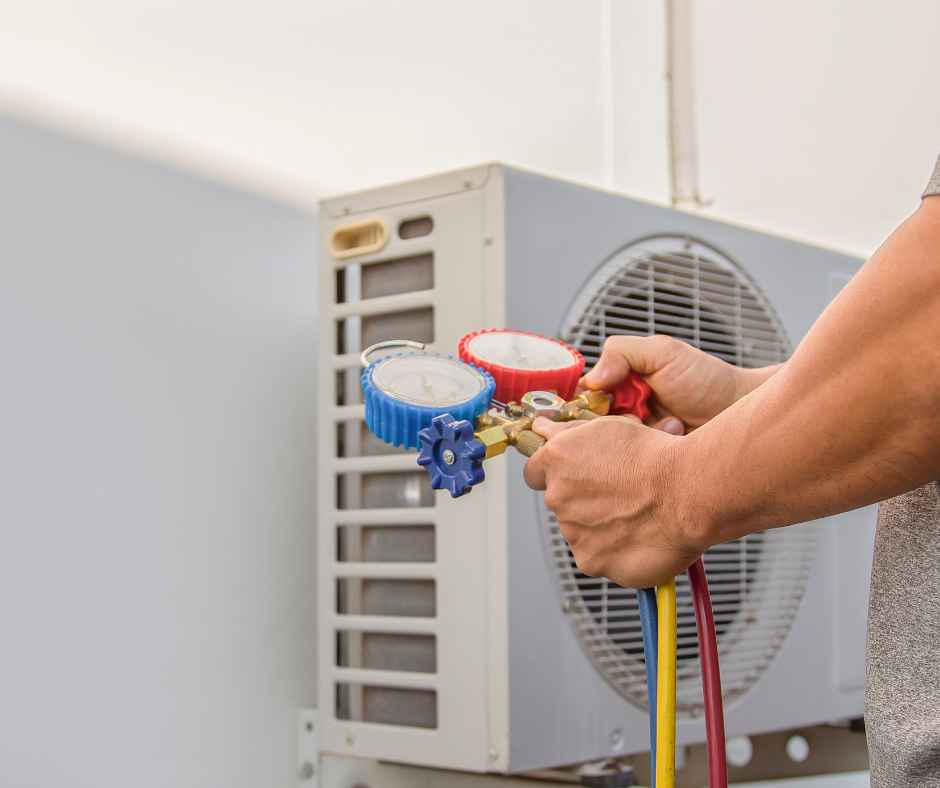
R-410A Refrigerant Phaseout: What Homeowners Need to Know
Read More
